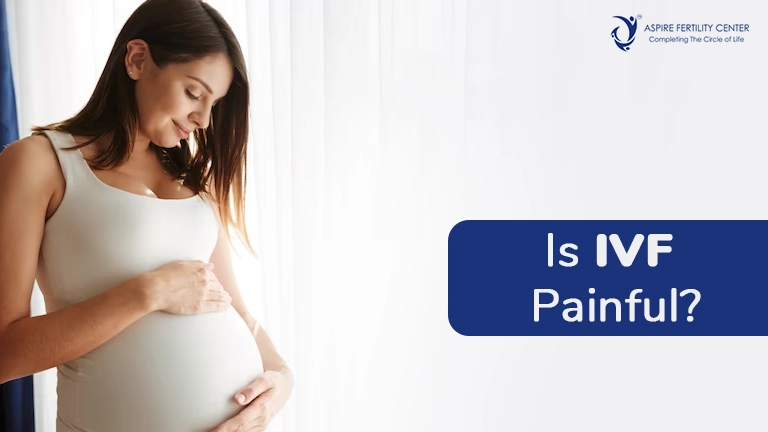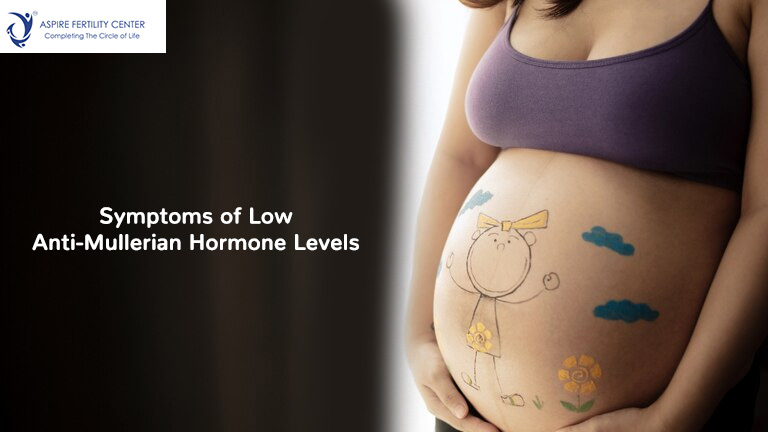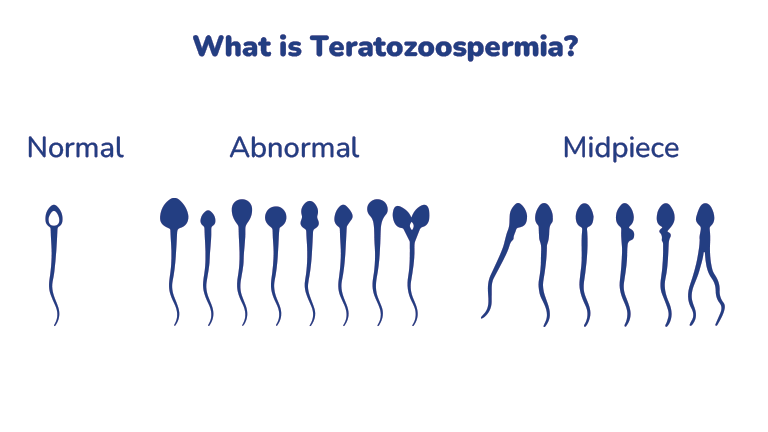- Polycystic ovary syndrome (PCOS) is a common endocrine system disorder amongwomen of reproductive age. Women with PCOS may have enlarged ovaries that contain small collections of fluid — called follicles — located in each ovary as seen during an ultrasound exam.
- Infrequent or prolonged menstrual periods, excess hair growth, acne, and obesity can all occur in women with polycystic ovary syndrome. In adolescents, infrequent or absent menstruation may raise suspicion for the condition. PCOS is also one of the leading cause of anovulatory infertility.
- Evaluation and diagnosis of PCOS is based on clinical history, ultrasound findings and hormonal tests(blood tests).
- Obesity plays a central role in the cause and aggravation of signs and symptoms of PCOS and hence weight reduction and maintaining an ideal body weight is an important part in management of PCOS and related issues.
- Infertility in women with PCOS is usually due to lack of formation of mature follicle as a result of hormonal imbalance. And treatment is by taking medication for ovulation induction under the guidance of your doctor.
- Menstrual cycle is normally 25-35 days with a flow of about 3-4 days. An average of 2-4 pads may be soaked per day without any significant passage of clot.
- Excessive bleeding, increased duration of blood flow, short or long cycle duration, irregular menstrual pattern including spotting are classified as abnormal uterine bleeding.
- Excessive bleeding is termed menorrhagia and causes fall in blood haemoglobin levels(anemia) and tiredness affecting daily activities and requires medical attention.
- Irregular spotting especially if it happens in between cycles or after intercourse also deems evaluation by your gynaecologist.
- Prolonged cycles or very short cycles may be due to improper ovulation (egg production and release) and may require further evaluation especially if there is delay in pregnancy.
Aspire Fertility Center
Site No, 2, 19th Main Rd, 4th Sector, HSR Layout, Bengaluru, Karnataka 560102
080-42121313
080-42121312
9620004610
9620006410








